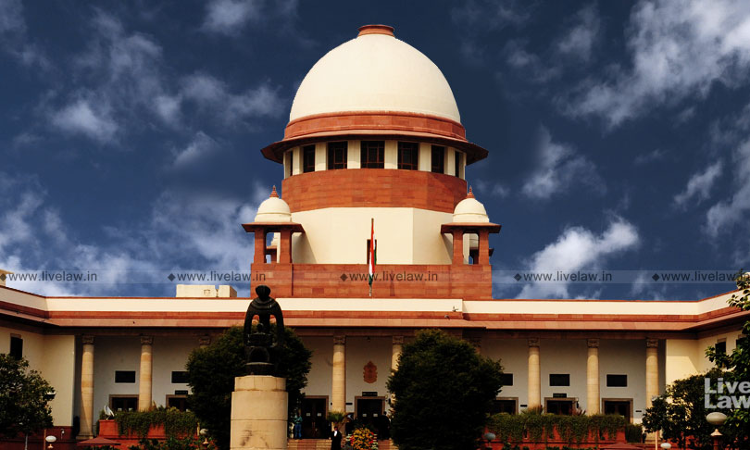A plea has been filed before the Supreme Court by three sitting members of National Company Law Appellate Tribunal (NCLAT) challenging the derogatory remarks made against them by a 5- member Bench of the NCLAT in an order. The order of the five-member Bench headed by Chairperson Justice Bansi Lal Bhat was passed in a case which was referred by a three-judge Bench comprising...

